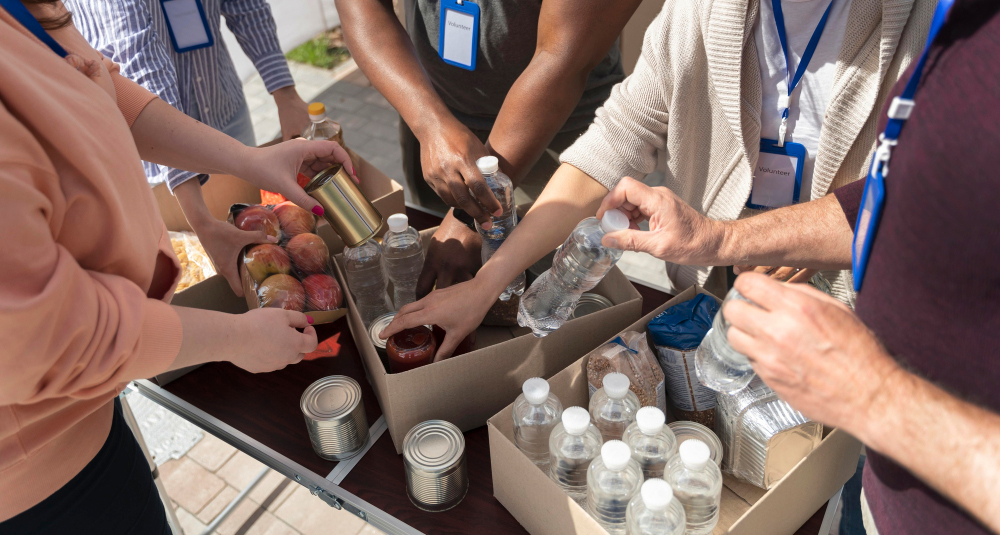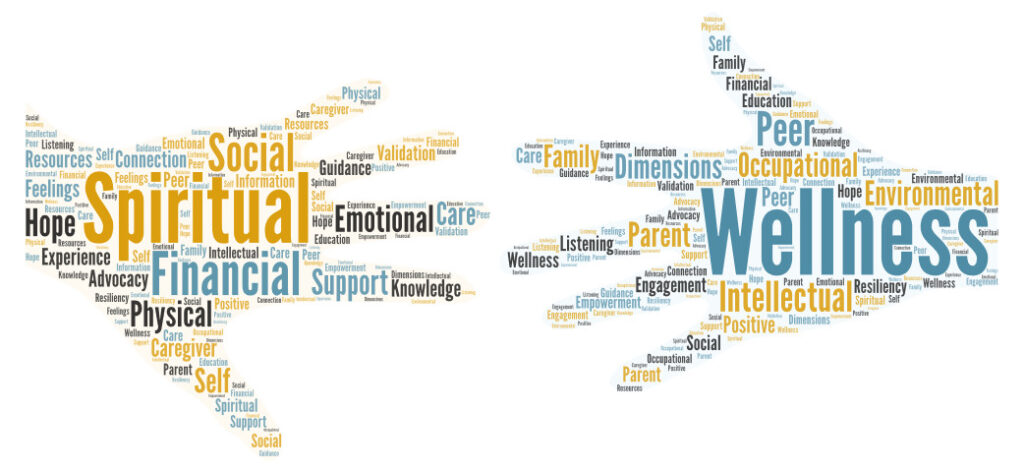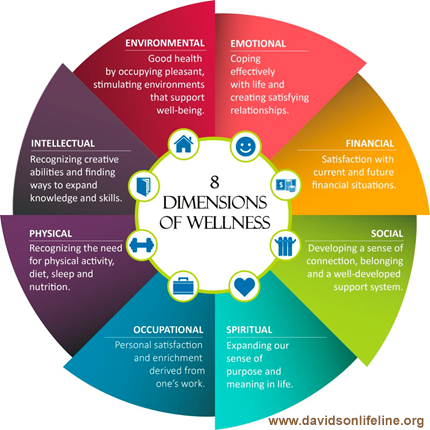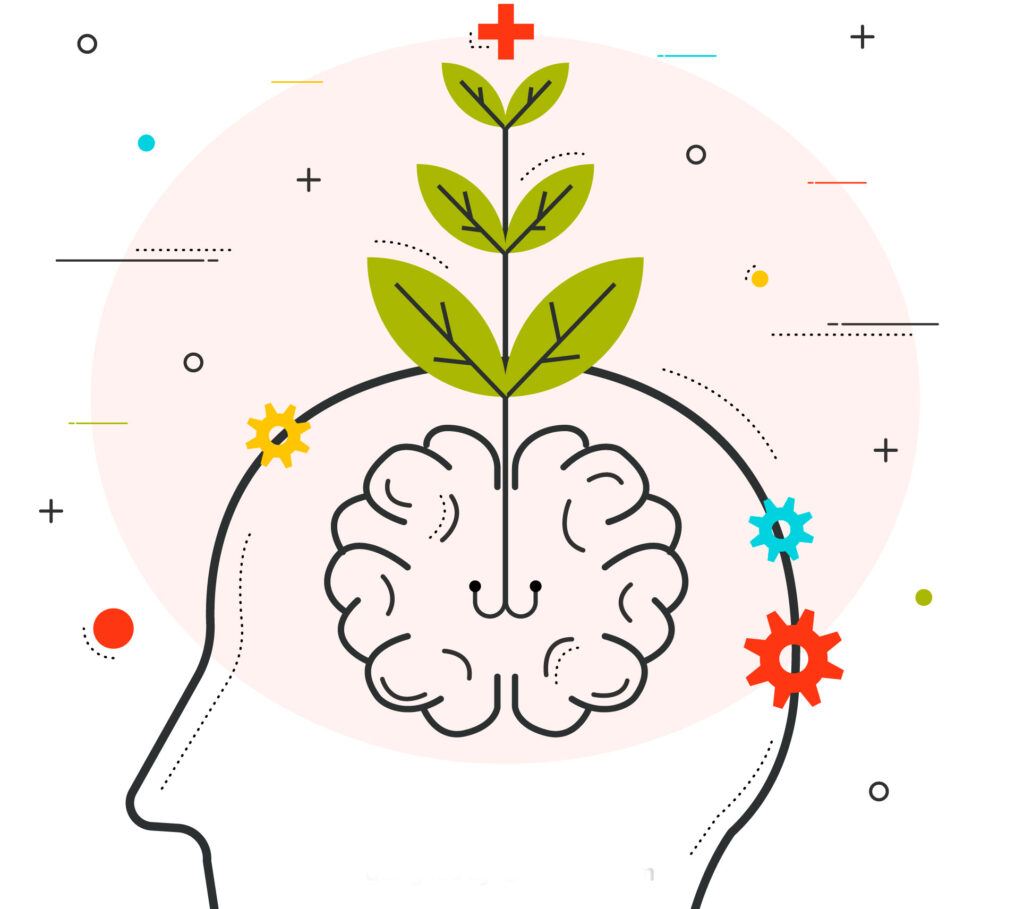Revelations
I had a revelation recently and am still unsure how to correct this coping mechanism I acquired on my journey through life. I guess at this point acknowledging and identifying this within myself is currently the stage I am in. So, I thought this would be a good way to reflect through writing and see if any more revelations transpire my growth. “Carpe Diem” is a Latin term meaning “Seize the day”. This can inspire the idea of living in the moment or for today, so we aren’t wasting what little time we have on this earth worrying about what has already happened or what is to come.






